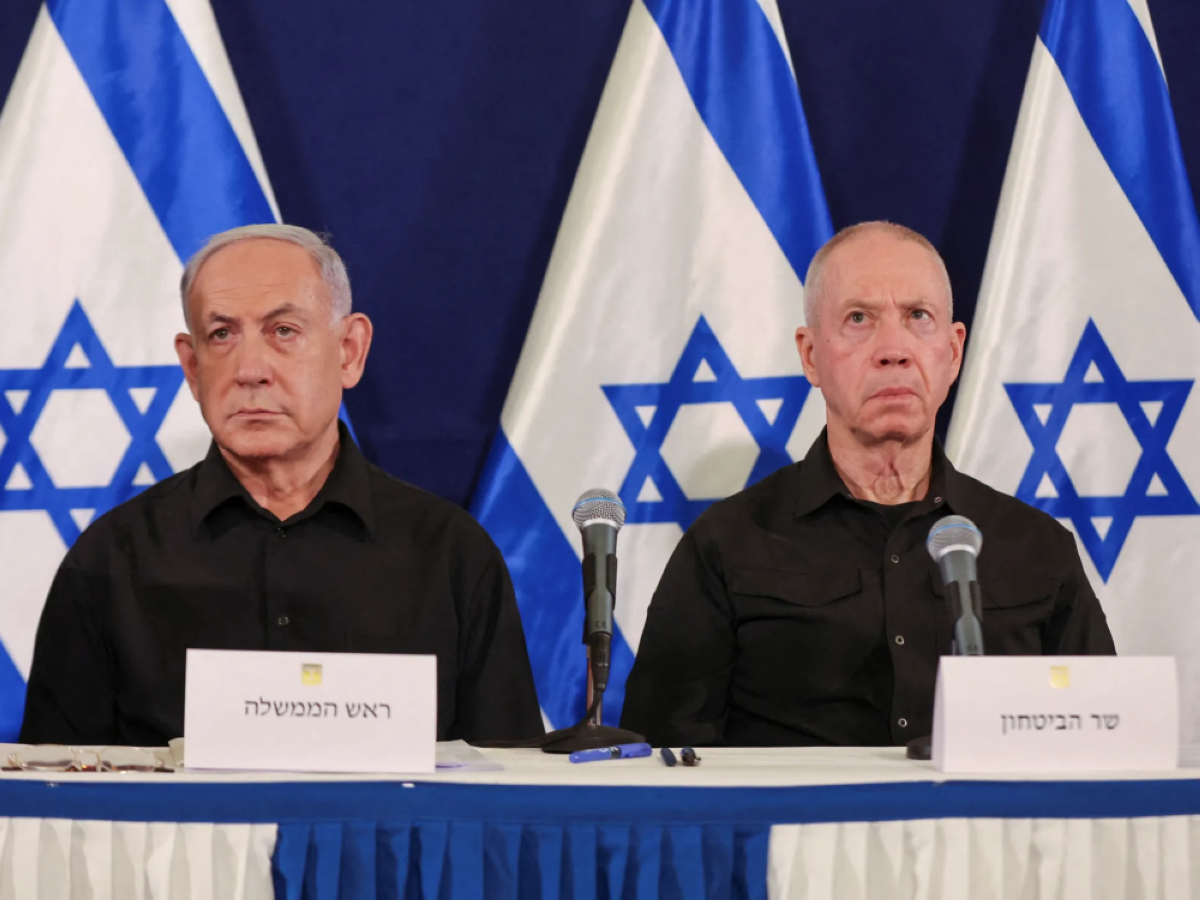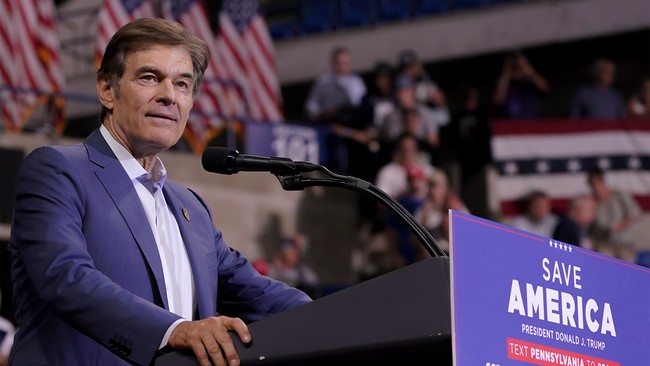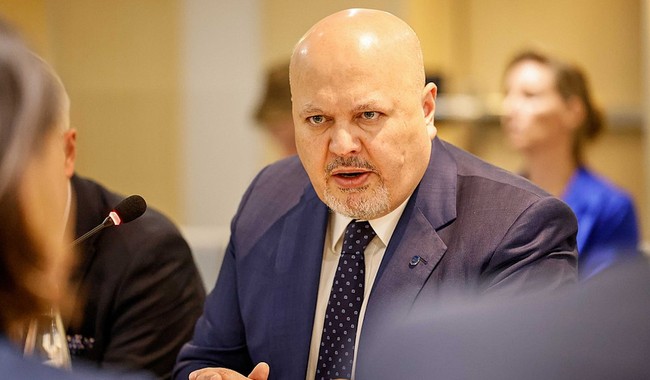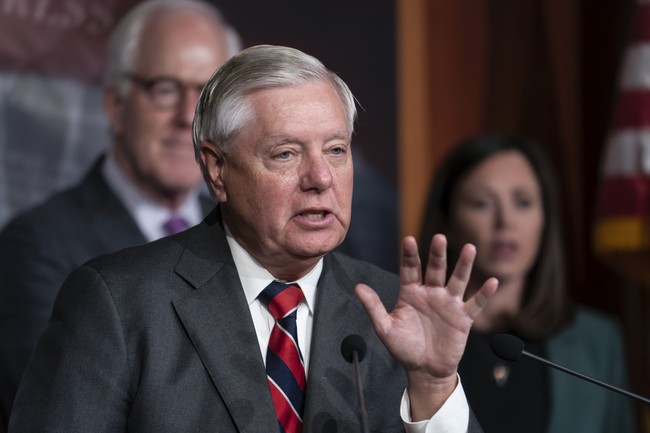ICC Warrants: Impact on Netanyahu and Gallant
The International Criminal Court's arrest warrants for Israeli leaders stir global diplomacy and highlight legal complexities, impacting travel and international relations significantly.
Published November 22, 2024 - 00:11am

Image recovered from albayan.ae
The International Criminal Court (ICC) has issued arrest warrants for Israeli Prime Minister Benjamin Netanyahu and former Defense Minister Yoav Gallant, accusing them of committing war crimes and crimes against humanity in Gaza. This unprecedented step in international justice has immediate and far-reaching implications for the accused, Israel, and the wider geopolitical landscape.
The warrants follow a prolonged investigation into the conflict between Israel and Hamas, focusing on incidents from October 7 onward. The ICC prosecutor, Karim Khan, moved for these warrants citing credible evidence of severe violations of international law, including acts that have left civilians in Gaza deprived of essential needs such as food, water, and medical supplies. This decision aligns with ongoing efforts to hold powerful leaders accountable under international law, strengthening the ICC's role in international justice.
These developments place significant restrictions on the mobility of the Israeli leaders, as they are now potentially subject to arrest in any of the 124 ICC member states should they attempt to travel. This restriction drastically alters the international engagements and diplomatic strategies for Netanyahu and Gallant, heightening tensions as they must navigate a complex matrix of global alliances and legal obligations.
While the ICC lacks enforcement capabilities, the legal commitment by member states to arrest and extradite individuals subject to ICC warrants intensifies diplomatic pressures. Notably, Europe's western nations, key members of the ICC, emphasize their obligation to uphold international justice, reflecting a broader political consensus across continents, including in Africa and South America, reinforcing these judicial moves.
This situation further complicates the political climate surrounding the Israeli-Palestinian conflict. Internally, the issue stirs significant political reactions within Israel, where the arrest warrants have been criticized as unfairly targeting Israeli leaders. Both government and opposition voices have decried these actions, framing them as biased and detrimental to Israel's sovereign activities.
Russia and the United States, both non-signatories or previous detractors of the Rome Statute that governs the ICC, have not shown an inclination to enforce the warrants, thus providing limited terrains where the accused Israeli leadership might find sanctuary from prosecution. This reflects ongoing global divides concerning the jurisdiction and reach of international law, as these powers contest the ICC's claims over sovereign actors.
The ICC's move also intersects with ongoing legal actions against Israel in several international platforms, including South Africa's genocide claim in the International Court of Justice. This increases pressure on Israel by enhancing the legitimacy of existing claims and potentially influencing similar legal actions elsewhere, including calls for weapons embargoes or other sanctions against Israel.
Beyond immediate diplomatic and legal ramifications, the warrants may exert pressure on ongoing and future political negotiations regarding the conflict. The possibility of new legal challenges from European and global judicial bodies could influence Israel's strategic decisions, fostering a climate where accusations of war crimes lead to heightened scrutiny and potential policy adjustments.
Legal experts note that, while the ICC's decision carries tremendous symbolic and politico-legal weight, its practical enforcement is dependent on the diplomatic and political will of member states. This dynamic often results in significant challenges for the ICC in pursuing justice, as evidenced by past cases involving high-profile politicians like Russian President Vladimir Putin and Sudanese leader Omar al-Bashir, who managed to travel with impunity despite being subjects of ICC warrants.
The arrest warrants against Netanyahu and Gallant mark a critical juncture in international justice, setting precedents for holding powerful leaders accountable amid complex geopolitical realities. As international actors, including European powers and the ICC, navigate these waters, the broader implications for international legal norms and geopolitical alliances continue to unfold.





